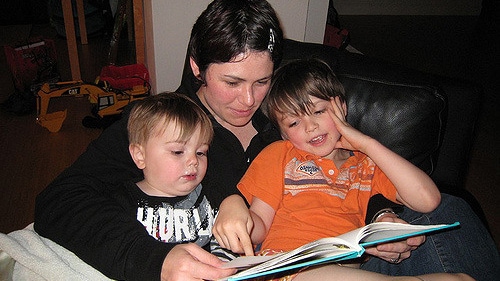
Source: NY Times
Early childhood is the time period during which the brain is developing most quickly, and it is within the first 1,000 days of life that ‘the stage is set for fulfilling individual potential,’ as explained by journalist and Wall Street Journal correspondent, Roger Thurow.
Educational inequalities begin before birth, and public investment in early childhood education and development programs is where the country will have the highest return, explains world renowned economist and Nobel winner, James Heckman, from the University of Chicago. He explains that establishing healthy brain development through conversation, play and learning prevents future spending on health care, juvenile courts, prisons, welfare and even increases chances for young adults to be on the path to pursue a college education.
Brain research over the years has highlighted that the time period before birth and up to the age of three is the most critical learning and developing period that can determine tendencies or prevent complications in adulthood. A study in West Virginia found that 1 in 5 children are already born with disadvantages, having drugs or alcohol in their systems. Another study found that the achievement gap is noticeable already in 60 to 70 percent of kindergartners. Thus investing in programs to help families beginning in pregnancy and investing in early childhood development programs will have the most positive outcomes to help prevent these early inequalities that affect adulthood.
Read full story at: NY Times
